This 8-module, 12-session course is research-based and evidence-informed and has been designed to help school staff improve their understanding of metacognition.
The course is based on the book Think! Metacognition-powered Primary Teaching by Anoara Mughal, as well as the author’s evolving research. Although the book has the word ‘primary’ in it, the concepts and strategies covered on this course can be applied by teachers and school leaders at any key stage.
The courses follow a similar structure: definitions from research, questions to think about during the course, various tasks and quizzes to complete for each module/session, evidence-informed strategies to consider, and reflections on either own practice or whole-school practice.
Both the teacher and school leader courses cover the fundamentals of metacognition, however the school leader course explores some of the research and concepts surrounding and involving metacognition in greater detail.
Module 1
Defining Metacognition and Self-regulated Learning
Consider research findings about metacognition and self-regulated learning.
Develop a coherent understanding of what metacognition and self-regulated learning are.
Explore how metacognition links to teaching practice and explore evidence-informed strategies to teach metacognition explicitly.
Module 2
Metacognition and Motivation
Session 1 – Defining Motivation
Consider research findings about motivation.
Develop understanding of how motivation links to metacognition and explore some of the barriers associated with developing motivation.
Session 2 – Drivers of Motivation
Consider drivers of motivation.
Develop understanding of how drivers of motivation links to metacognition.
Understand different ways to develop motivation and explore evidence-informed strategies to develop motivation.
Module 3
Metacognition, Teacher-modelling, and Questioning
Consider research findings about teacher-modelling and questioning.
Develop understanding of how teacher modelling and questioning can develop metacognitive thinking.
Explore the benefits and types of teacher-modelling to develop metacognition.
Module 4
Metacognition, Dialogue and Active Listening
Consider benefits of developing dialogue and active listening in the classroom.
Understand connections between philosophy and metacognition.
Consider different ways to develop dialogue and active listening in the classroom.
Explore evidence-informed strategies to develop dialogue and active listening in the classroom.
Module 5
Metacognition, Reflection, Challenge and Feedback
Session 1 – Reflection Models
Consider reflection in the educational context.
Develop understanding reflection models.
Understand barriers to reflection and explore evidence-informed strategies to develop reflection.
Session 2 – Challenge and Feedback
Understand the importance of challenge to develop reflection.
Develop understanding of feedback models.
Explore evidence-informed strategies to develop effective feedback.
Module 6
Metacognition and Memory
Session 1 – Memory Models
Consider research findings about memory.
Learn about links between memory and metacognition.
Develop a coherent understanding of how memory works.
Consider implications of research on memory models in the classroom.
Session 2 – Retrieval Practice
Consider research findings about memory and retrieval practice.
Learn about links between memory, retrieval practice and metacognition.
Develop a coherent understanding of how retrieval practice works.
Consider implications of this in the classroom.
Module 7
Metacognition, Growth Mindset and Self-efficacy
Session 1 – Growth Mindset
Understand the concept of growth mindset and their impact on student learning and success.
Explore metacognitive strategies which develop growth mindset.
Understand practical strategies to develop growth mindset through metacognitive practices.
Session 2 – Self-efficacy
Understand the concept of self-efficacy and their impact on student learning and success.
Explore metacognitive strategies which develop self-efficacy.
Understand practical strategies to develop self-efficacy through metacognitive practices.
Module 8
Metacognition and Neuroplasticity
Understand the concept of neuroplasticity and its impact on student learning and success.
Develop understanding of neuroplasticity and its connections to metacognition.
Explore practical strategies to develop neuroplasticity through cognitive and metacognitive strategies.
